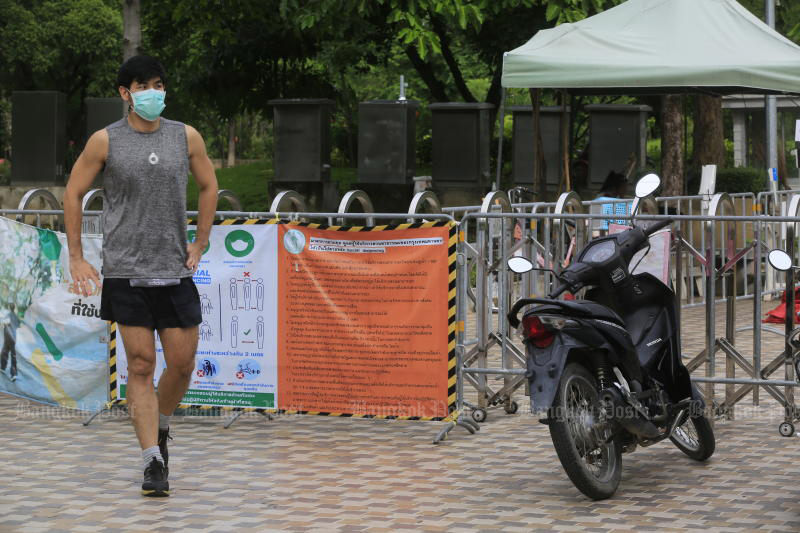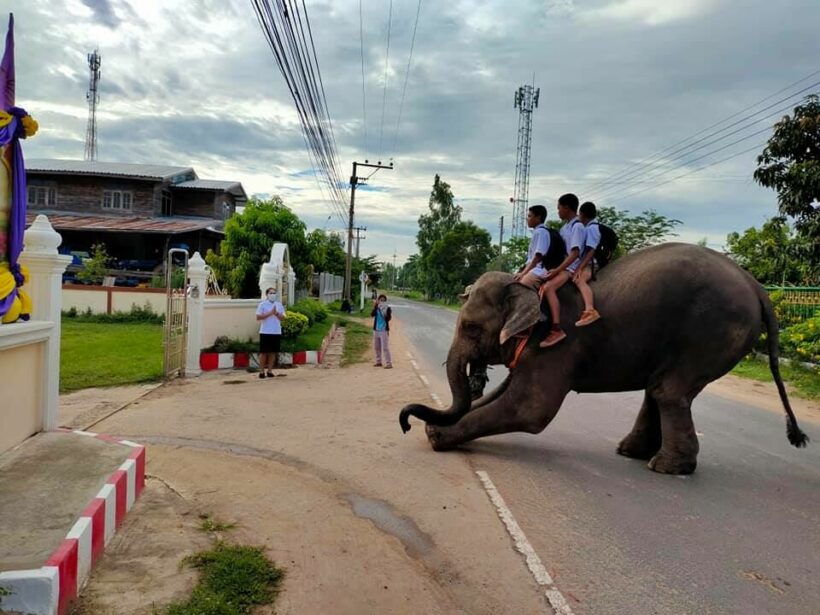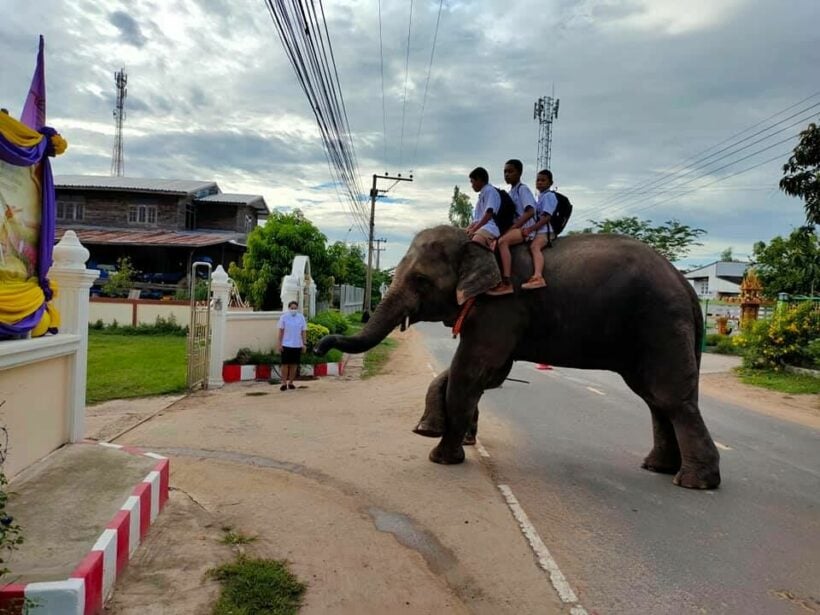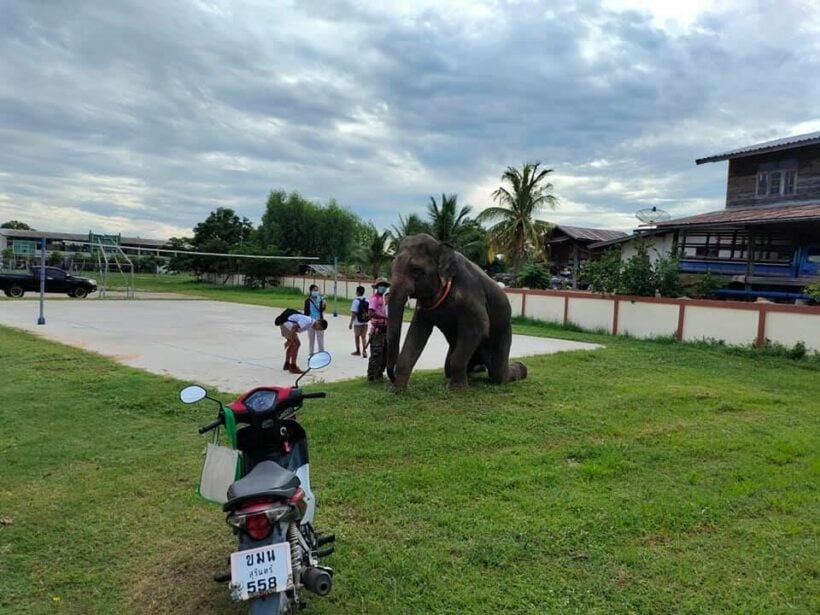- Joined
- Oct 5, 2018
- Messages
- 17,604
- Points
- 113
My tah mee (bak mee hang) lunch today, piset. Big bone soup comes with noodles
View attachment 113196
You are teochew?
My tah mee (bak mee hang) lunch today, piset. Big bone soup comes with noodles
View attachment 113196
Without red assYou are teochew?

Ok guys finally uploaded this video I took last night on the night scenes of Pattaya's Soi Buakhao, Beach Road, Second Road.
I must apologise for the shaky video - it was one hand holding eh camera through the sun roof and the other hand steering the car.
Try to do better next time

















